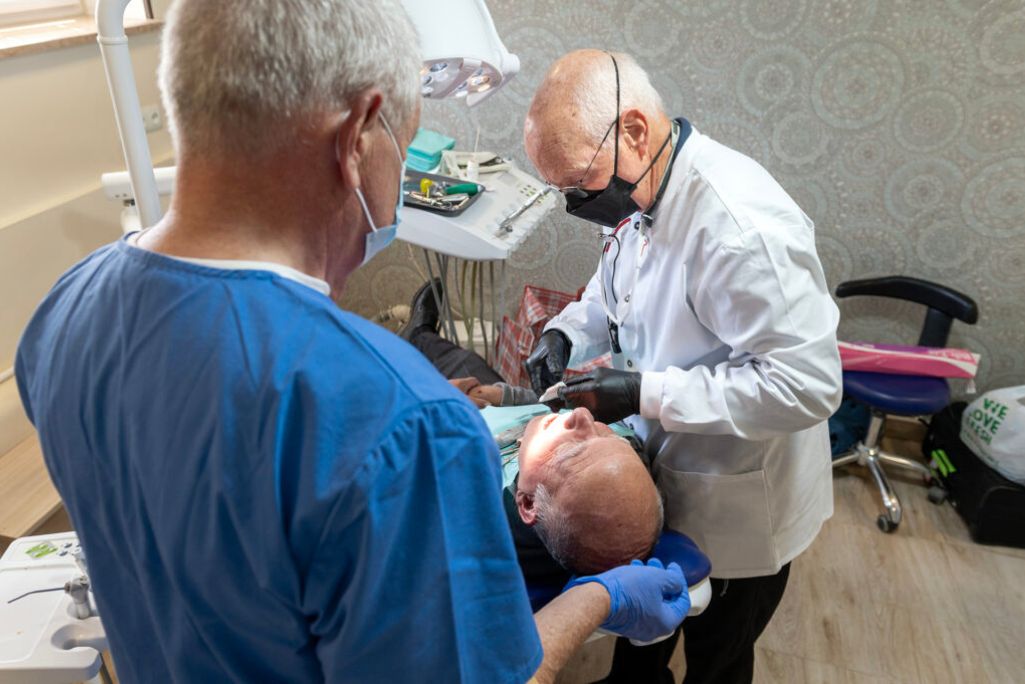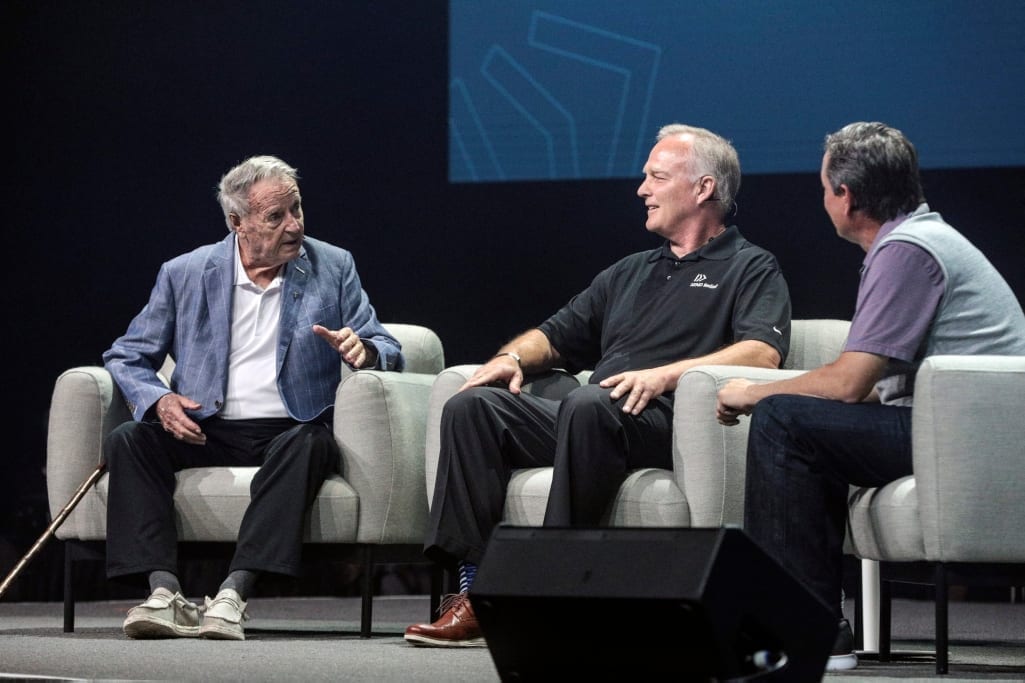
A free dental clinic was one Armenian town’s introduction to the gospel. After the Serve Tour medical team left, a local church planter followed up with patients and now has four families meeting for Bible study.
Short-term volunteer mission projects can make a long-term impact. The key, according to International Mission Board (IMB) missionaries Cade and Ginny Wheeler, is for the local church to be fully invested and use volunteers within an already existing strategy.
After Armenian Baptists hosted a Serve Tour of mostly 50 medical volunteers from the United States and Greece, they reported their work advanced at a faster rate less than a year after the joint mission trip through Send Relief and IMB global health strategies. One Armenian pastor said his church’s Russian-speaking ministry had been stagnant. He used a medical clinic as part of an overall strategy to reach out to the community. In the seven months after, the ministry doubled in size.
“We often ask if a medical team or compassion ministry can really make an impact,” Cade, who works with human needs and compassion ministries as a Send Relief associate area director, said.
Volunteers staffing a free clinic might spend 15 minutes with someone before passing them to the next medical station. Patients are assured of excellent medical care despite the desire to fit in as many people as possible. Volunteer doctors often perform exams and procedures that people can’t afford to have done.
“The impact came when people experienced love and care shown by the volunteers in conjunction with the Armenian believers,” Cade said, noting that one pastor took a medical team to a remote village where they helped several families. “That’s what got them down the road and how new works got started. Actions spoke louder than anything else.”
When the Wheelers came to the Armenian pastors and church planters with the idea of using one of the largest medical teams IMB global health strategies has ever gathered, the couple stressed the need for the projects to align with their ministry strategy. The Wheelers began serving in Eastern Europe in 1998 and have either worked with or discipled many of these pastors. That long term relationship set the foundation for allowing these Armenian believers to lead.
The missionaries and pastors worked for almost a year planning the best ways to use counselors, a dentist, physical therapists, nurses, doctors and CPR training. They leaned on Ginny to help them understand what they could do with the medical volunteers. Ginny helps IMB teams and their partners find ways to use healthcare strategies as part of church planting efforts. The Armenian churches saw this as a way to accelerate what they were already doing.
One church planter spent a year praying for an open door in a community that had been resistant to the gospel. Serve Tour provided access for him when the mayor agreed to host the free medical clinic in the city’s community building. After one hour, the mayor gave the green light for the church planter to come back. Now, months later, four families meet in the community building for Bible study.
One church hosted a clinic. Their church members worked alongside the medical volunteers and strengthened relationships within the community. A small Serve Tour construction team also began some remodeling for the church. An internally displaced family was so grateful for the care and love they received at the free clinic; the father came back with his sons to finish the construction on the church. They were nonbelievers who are now connected to this church and opened access to other refugees.
Ginny pointed out that because the Armenian churches were already working on these things, follow up was comprehensive and seamless.
“When we partner with local churches, we can have a long-term impact through things like health care strategies,” Ginny said.
Cade added when needs have been met, lives will be changed. “The most important thing is the gospel has gone forward.”
Those interested in healthcare missions are invited to attend MedAdvance 2025, taking place Aug. 21-23, in Raleigh, North Carolina. The conference features opportunities to network with healthcare field workers and to hear about work and needs in every area of the world. For more information and to register, visit imb.org/medadvance.
(EDITOR’S NOTE — Sue Sprenkle writes for the IMB.)


